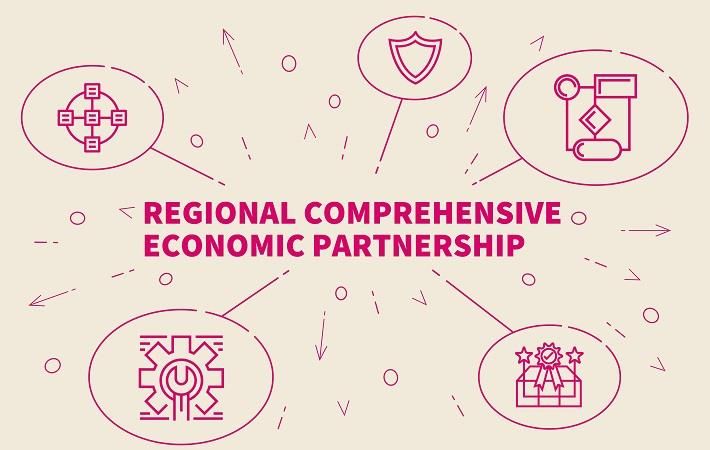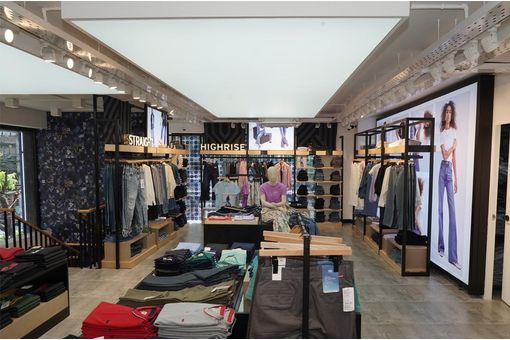Gear up for reaping RCEP benefits: CITI tells industry

The proposed RCEP is a comprehensive regional economic integration agreement amongst 16 nations (10 member countries of the Association of South-East Asian Nations (ASEAN), viz. Brunei, Cambodia, Indonesia, Malaysia, Myanmar, Singapore, Thailand, Philippines, Laos and Vietnam; and six FTA partners of ASEAN viz. China, South Korea, Japan, Australia, New Zealand, and India). It covers negotiations on goods, services, investment, economics and technical cooperation, investment, e-commerce, intellectual property rights, etc.
RCEP countries contribute approximately 39 per cent of the global GDP and is also home to almost three-and-half billion people. The huge population size makes this region a big market for the world trade, including textiles and clothing.
In 2018, RECEP member countries exported $413 billion of textiles and clothing, accounting for 49.44 per cent share. India’s share in this trade was nine per cent during the year. While, India’s exports of textiles and clothing to RCEP nations was 13.40 per cent of total global exports to these countries.
India has a trade surplus in textiles and clothing sector will all RCEP member countries, except China. Last year, India had a trade deficit of almost $1 billion with China in textiles and clothing.
“India stands at a juncture where it does not have any free trade agreement with two of its biggest trading partners—the US, with which it has the highest trade surplus, and China, with which it has the highest trade deficit,” CITI chairman Sanjay K Jain said in a press release.
“The ongoing US-China trade war, on the one hand, presents an opportunity to the Indian textile manufacturers to enhance their exports to the US, while the RCEP trade scenario reveals that India must tread cautiously, particularly with China, as half of India’s textile and clothing trade in RCEP is with China,” Jain added.
Due to the ongoing US-China trade war, China would be looking for new markets for its products. Hence, India needs to be over cautious while negotiating with China which is already re-routing its textiles into India through Bangladesh, Sri Lanka, etc, Jain said. Moreover, “India’s trade deficit with China in textiles and clothing sector is likely to be widened once RCEP is concluded, which could be detrimental for India’s domestic textile manufacturers.”
“The Indian textiles industry can play an important role in enhancing total merchandise trade among the RCEP member countries. However, for achieving this, Indian textile industry needs appropriate policy measures, which will also make it globally competitive. India has to be cautious in this proposed mega trade pact,” Jain said. (RKS)
Fibre2Fashion News Desk – India
































-Ltd..jpg?tr=w-120,h-60,c-at_max,cm-pad_resize,bg-ffffff)





.jpg?tr=w-120,h-60,c-at_max,cm-pad_resize,bg-ffffff)
.jpg?tr=w-120,h-60,c-at_max,cm-pad_resize,bg-ffffff)






